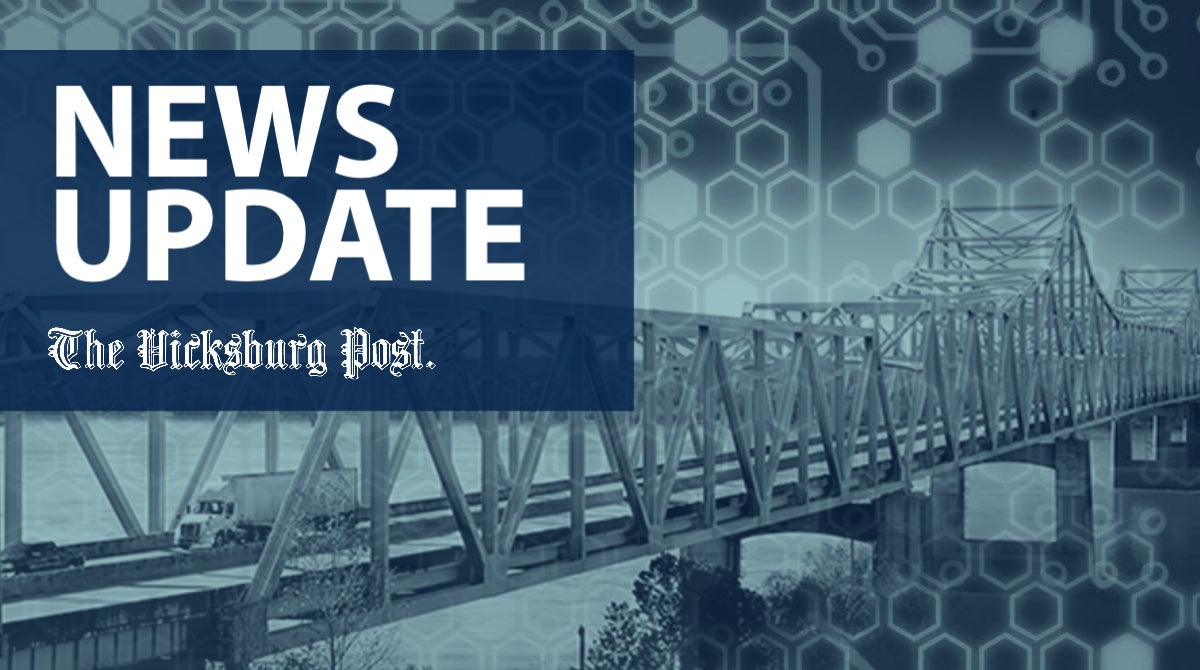Mississippi River Commission will make a stop in Vicksburg
Published 8:52 pm Thursday, July 19, 2018
Vicksburg will be one of the stops for the Mississippi River Commission during its annual low water inspection trip on the Mississippi River Aug. 20-24.
The commission will hold a noon public meeting Aug. 22 on the Motor Vessel Mississippi at City Front.
The meeting is one of four scheduled during the tour to allow commissioners to meet with residents and officials to hear their concerns and present their views on matters affecting the water resources infrastructure needs in the Mississippi Valley, including flood control, the Mississippi River and Tributaries project, environmental issues, recreation, navigation and other issues.
Other meeting sites are Caruthersville, Missouri; Memphis, Tennessee; and Morgan City, Louisiana.
Established in 1879, the Mississippi River Commission is composed of seven members, each nominated by the president of the United States and vetted by the Senate.
Three of the organization’s members are officers of the U.S. Army Corps of Engineers, one member is from the National Oceanic and Atmospheric Administration, and three civilians, two of whom are civil engineers.
The general duties of the commission include recommending policy and work programs, studying and reporting on the necessity for modifications or additions to the flood control and navigation project and conducting semi-annual inspection trips.
Its authority extends the entire length of the Mississippi River from its headwaters at Lake Itasca, Minnesota, to Head of Passes, Louisiana, where the Mississippi River empties into the Gulf of Mexico.
The commission brings critical engineering representation to the drainage basin, which impacts 41 percent of the United States and includes 1.25 million square miles, more than 250 tributaries, 31 states and two Canadian provinces. It also oversees the Mississippi River and Tributaries project, which was authorized by the 1928 Flood control Act.
The purpose of the public meetings is to maintain a dialogue between watershed interests, the public and the Corps. Public presentations are made orally, and a copy of the remarks is presented to the commission for official record and written response.





